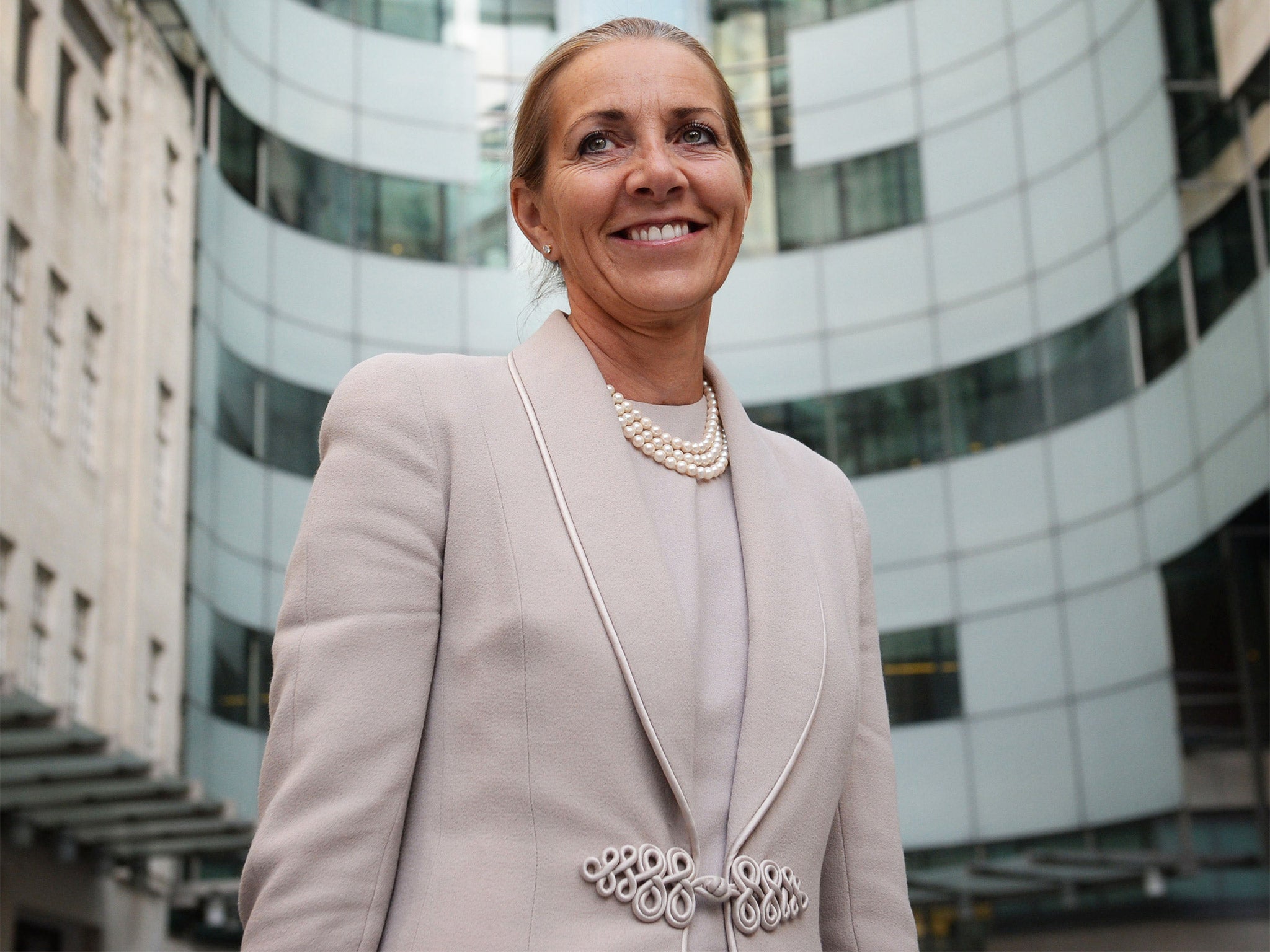BBC should host Twitter debate about its new Charter
New BBC Trust Chair Rona Fairhead wants a democratic charter

The BBC’s new Royal Charter must be agreed after a “proper public debate” and not carved up by a “small elite” of executives and politicians, the new head of the BBC Trust has pledged.
Licence fee-payers will be asked on Twitter what kind of BBC they would like to see over the next decade, under proposals being considered by Rona Fairhead, the BBC Trust chairwoman.
Ms Fairhead indicated that there would be no repeat of 2010 when a new BBC Charter was “stitched-up” in a late-night backroom deal between ministers and BBC bosses.
Negotiations about the new Charter, which will set in place a renewed five-year funding deal for the licence-fee, are due to begin after the general election.
Ms Fairhead told the Royal Television Society: “This will be a very real debate about the future, size and shape of the BBC. I took this job because I believe the Trust needs to be at the heart of that debate. And I believe it needs to be a proper public debate, not one conducted by a small elite. I believe the debate must include the voices of all the people out there who pay for the BBC, who love its programmes, who are its true owners.”
BBC sources said the Trust wanted to use discussion forums, Twitter and other social media to encourage people to take part in the consultation.
In 2010 the then Culture Secretary Jeremy Hunt, former BBC director general Mark Thompson and Sir Michael Lyons, ex-BBC Trust chairman, carved up an agreement to freeze the licence fee until 2017 after just two days of private discussions.
The deal committed the BBC to take on an extra £500m in new spending commitments per year, including a controversial agreement to take over funding of the World Service from the Foreign Office.
Ms Fairhead, former head of the Financial Times Group, said she would not act as a “cheerleader” for the BBC. “I spent a lot of my working life competing hard against the BBC. I’m not someone to gloss over the BBC’s faults, problems or challenges – I see it as part of my job to identify and pursue them,” she said.
Join our commenting forum
Join thought-provoking conversations, follow other Independent readers and see their replies
Comments
Bookmark popover
Removed from bookmarks